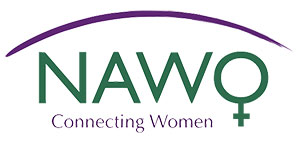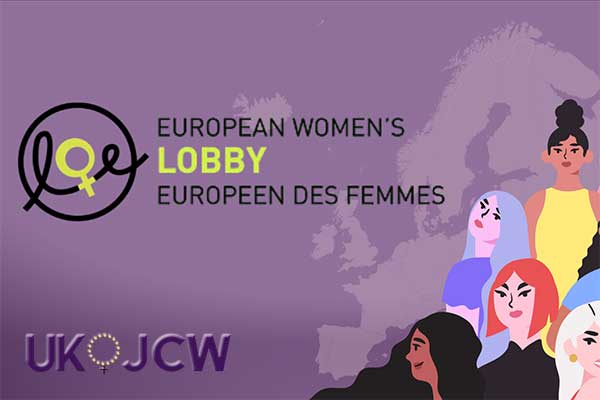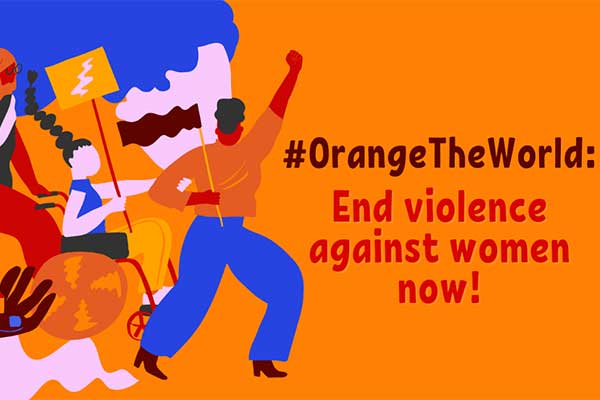Holocaust Remembrance Day
By Joel Schalit
Though Germans don’t participate in compulsory public ceremonies coinciding with Holocaust Remembrance Day (Yom Ha Shoah), news media this week were full of stories about the Nazi genocide, and inevitably, the state of anti-Semitism today.
For a country with less than a hundred thousand Jews, it can briefly feel like the community is a lot larger. Granted, as memories or ghosts, but still undeniably present in ways that other minorities, of much greater size, are not.
The release of the Independent Expert Group on Anti-Semitism report on Monday (24 April), to coincide with Holocaust Remembrance Day, contends that Germany pays too little attention to contemporary forms of anti-Jewish racism: 644 instances of Judeophobic crime were reported in 2016.
Unsurprisingly, the report emphasises the role of Arabs and Muslims and their feelings for Israel, and the role that the Jewish state plays in contemporary anti-Semitism.
For 40% of those Germans surveyed, Israel is key to their racism. The finding is particularly prescient for some experts, for whom anti-Semitism is often more closely tied to the Arab-Israeli conflict than European populism, or Hitler’s Nazis.
However, just when you start to scratch your head and wonder what happened to Deutschland, the report noted that the highest number of anti-Semitic crimes in the country was committed by right-wingers, not Muslims. In fact, little or no link could be found between the Islam of Turkish and Arab Germans, and their views of Jews.
The study found that young people with migrant backgrounds in the former USSR were more likely to harbour anti-Semitic feelings than Middle Eastern immigrants.
The findings are indeed surprising, given the extent to which populist politicians throughout Europe have, in recent years, sought to cultivate Jewish support by brandishing pro-Israeli, anti-Muslim credentials.
Marine Le Pen, of course, has built a small Jewish following, particularly among French Jews of North African descent, who appreciate her anti-Muslim rhetoric.
Geert Wilders, and most recently, German AfD leader Frauke Petry, have portrayed themselves in a similar light, though few, if any German Jews will ever take Petry seriously.
Still, the high number of hate crimes speak for themselves. The fact that they’re being carried out by a broad cross-section of Germans is what’s most troubling. Not because they all share antipathy for Jews, but because the prejudice is so widespread. The key, or so the report’s data suggests, is that this anti-Semitism coincides with Islamophobia, directed at Muslims and refugees.
Perhaps that’s why anti-Semitism remains such a topic of conversation in the Bundesrepublik, and why Israel is such a consistent part of the prejudice. It’s all about the Middle East, and an innate sense that there’s little separating Muslims and Jews.
The Inside Track
Damascus calling. Romania’s Syrian community is growing due to the ongoing civil war in the Middle Eastern country. They say they like Romania. But the refugees eventually want to return home, they toldEURACTIV Romania.
ISIS in the falafel. Few European cities are as disparaged for their multicultural makeup as much as Malmö. With over 20% of its residents estimated to be Muslim, Sweden’s third-largest municipality is an ideal whipping boy for populists. Its reality, however, is decidedly different.
No justice, no peace. The failure of the Serbian judiciary to make tangible progress in resolving the bulldozing of buildings in Belgrade’s Savamala district brought protestors out on the street again on 25 April, a year after the event occurred. The authorities still don’t seem to care.
Milosevic was here. Serbian tabloids have been hyping the possibility of war with Albania and Kosovo, encouraged by Turkish President Recep Tayyip Erdogan, and his nostalgia for the Ottoman Empire. The rhetoric has a decidedly ‘90s flavour to it.
Someone still loves us. Bulgarians may not be always happy, but the country is a democracy in which the rights and freedoms of its citizens are respected, and the EU is an example for the rest of the mankind.
Hang ’em high. At the Women20 Summit in Berlin, female leaders from around the world discussed how to economically empower women on the agenda of a still male-dominated G20 leadership.
The French left lives. The most significant score of the first round of the French election belongs to the left, according to Roger Martelli. From Melenchon to Macron, an estimated 58% of voters went for centre-left to left parties, versus 42% for the right.
Dictatorship of the proletariat (for real). Both candidates in the second round of France’s presidential election need the support of the extreme-left . To win it over, the National Front is highlighting the similarities between their candidate and, umm, Jean-Luc Mélenchon.
Neoliberals against fascism. The Italian and Greek governments are counting on Emmanuel Macron to help them see off populist parties that blame the EU for Europe’s economic and social ills.
The end of Schengen. Austrian Interior Minister Wolfgang Sobotka has urged the EU to extend the country’s border controls indefinitely. Citing security concerns, Sobotka said he “simply needs to know who is coming to our country”.
Putin means defence spending in Russian. Global expenditure on weapons has risen for the second year in a row. Germany has increased its spending and opposition politicians want a new debate about defence.
Opportunity for Russian gunners. Two of the US Air Force’s newest jets landed in Estonia for the first time on Wednesday, a gesture meant to reinforce Washington’s commitment to the defence of NATO allies bordering Russia.
Iranian-Turkish Union forthcoming. The Council of Europe has voted to reopen its monitoring procedure against Turkey. The decision deals another blow to Ankara’s EU membership hopes, as exiting the process was made a precondition of negotiations in 2004.
Views are the author’s.




